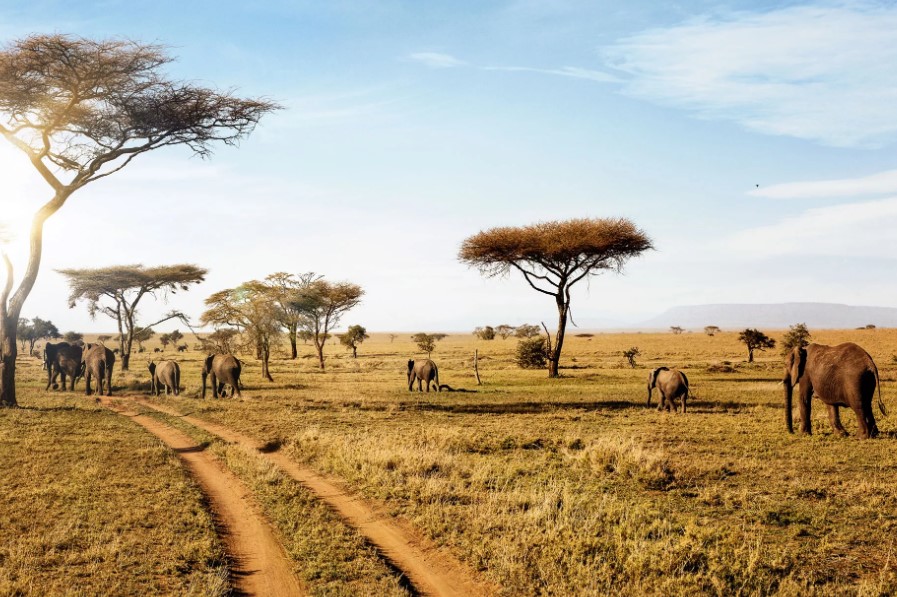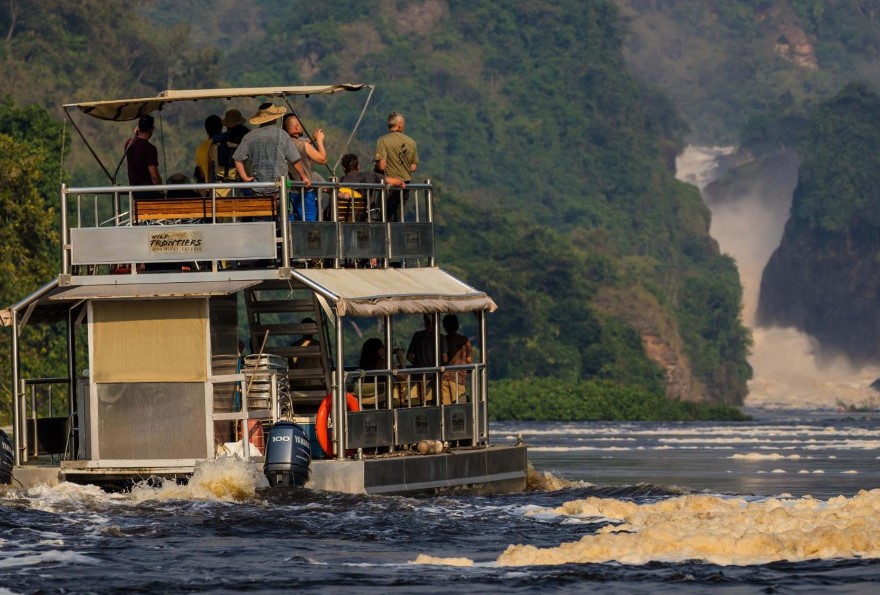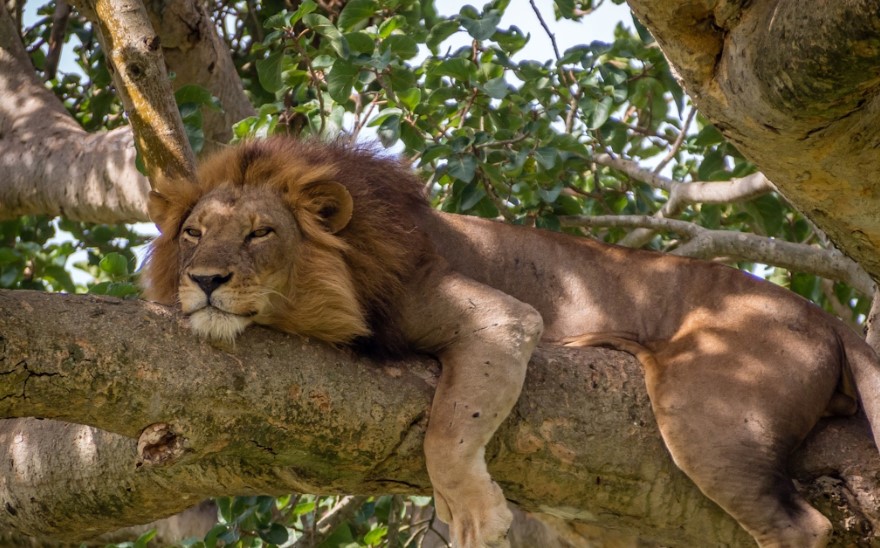What To Expect On An African Safari-An African safari is an exciting adventure that many people dream of experiencing at least once in their lifetime. From watching the majestic African wildlife in their natural habitats to witnessing the stunning landscapes, an African safari can be an unforgettable experience.
However, for first-timers, planning a safari can be overwhelming, and it’s important to know what to expect. In this article, we’ll explore what to expect on an African safari, including the best time to go, the types of animals you can see, and the different safari activities available.
Best Time to Go on an African Safari
The best time to go on an African safari largely depends on what you want to see and where you want to go. Generally, the peak season for safaris in East and Southern Africa is from June to October, which is the dry season.
During this time, the weather is cooler and drier, and animals congregate around water sources, making them easier to spot. It’s also a great time to witness the great wildebeest migration in the Serengeti, which typically takes place between June and September.
However, the dry season can also mean that the landscapes are not as green, and some animals may migrate away from the areas that are typically visited by tourists. The rainy season, which runs from November to May, can also be a great time to go on a safari.
During this time, the landscapes are lush and green, and there are fewer tourists. The downside is that it can be hot and humid, and animals may be more dispersed.
Types of Animals to Expect on an African Safari
African safaris are all about wildlife, and there’s no shortage of it in Africa. Depending on where you go, you can expect to see a wide range of animals, including the “Big Five” – lions, elephants, leopards, rhinoceroses, and buffalos. However, there are many other animals to see, such as cheetahs, hyenas, zebras, giraffes, hippos, crocodiles, and more.
In addition to land animals, many safaris offer opportunities to see marine wildlife, such as dolphins, whales, and sharks. If you’re lucky, you may even get to see a sea turtle or a dugong.
Safari Activities
Safari activities can vary depending on the location and type of safari you choose. Below are some of the most popular activities to expect on an African safari:
Game Drives
Game drives are the most common safari activity, and involve driving around in a 4×4 vehicle with a trained guide who will help you spot and identify wildlife. Game drives typically take place early in the morning and late in the afternoon, when animals are most active.
Walking Safaris:
For those who want to get up close and personal with nature, walking safaris offer an exciting way to explore the African wilderness on foot. Walking safaris are typically led by a guide and offer a chance to see wildlife and learn about the local flora and fauna.
Boat Safaris
Boat safaris are a great way to see aquatic wildlife, such as hippos and crocodiles, as well as birdlife. They can be especially popular in areas with rivers or lakes.
Hot Air Balloon Safaris
For a truly unique experience, hot air balloon safaris offer a bird’s eye view of the African landscape and wildlife. They typically take place early in the morning and offer a breathtaking view of the sunrise.
Cultural Tours
In addition to wildlife viewing, many African safaris offer cultural tours that allow visitors to learn about the local people and their traditions. This can include visiting local villages, meeting with tribal leaders, and learning about traditional crafts.
Accommodations
The type of accommodation you choose largely depends on your budget and the level of comfort you’re looking for. African safaris offer a range of accommodation options, from basic camping to luxury lodges. Here are some of the most common types of accommodation you can expect on an African safari:
Tented Camps
Tented camps offer a unique experience that combines the comforts of a hotel with the excitement of camping. These camps are typically located in remote areas, and guests stay in spacious tents equipped with comfortable beds, en-suite bathrooms, and sometimes even private outdoor showers. Some tented camps are mobile, meaning they can be moved to different locations depending on the season and animal movements.
Lodges
Lodges offer a more luxurious safari experience, with amenities such as swimming pools, spas, and fine dining restaurants. They are typically located in or near national parks and game reserves and offer comfortable rooms with en-suite bathrooms and private balconies or verandas.
Campsites
For those on a budget, camping is a great way to experience the African wilderness. Many campsites are located within national parks and game reserves and offer basic facilities such as shared bathrooms and cooking areas. Some campsites also offer the option to rent a pre-erected tent or bring your own.
Treehouses
For a truly unique experience, some safaris offer the option to stay in a treehouse. These elevated structures offer panoramic views of the surrounding landscape and wildlife, and some even have outdoor showers and private decks.
Mobile Camps
Mobile camps are similar to tented camps but are designed to be moved to different locations. They are typically used for following animal migrations and offer a more immersive and adventurous safari experience.
Tips for a Successful African Safari
Here are some tips to help you make the most of your African safari:
Choose the right destination
Research the different destinations and their peak seasons to determine the best time to visit and what wildlife you can expect to see.
Get vaccinated
Depending on the country you’re visiting, certain vaccinations may be required. Consult with your doctor or travel clinic to ensure you’re up to date on all necessary vaccinations.
Dress appropriately
Pack lightweight, breathable clothing in neutral colors, as well as sturdy hiking boots and a hat. It can get chilly in the early mornings and evenings, so bring a jacket or sweater as well.
Bring a good camera
A good camera with a telephoto lens is essential for capturing stunning wildlife photos.
Listen to your guide
Your guide is a trained professional who knows the area and wildlife best. Listen to their advice and instructions to ensure your safety and to maximize your wildlife sightings.
Respect wildlife
It’s important to remember that you are a guest in the animals’ natural habitat. Respect their space and never approach them too closely or disturb them.
Respect local culture
If you’re visiting local communities, respect their customs and traditions. Dress modestly and ask permission before taking photos.
Conclusion
An African safari is an exciting and memorable adventure that offers the chance to witness some of the world’s most incredible wildlife in their natural habitats. By understanding what to expect on an African safari, including the best time to go, the types of animals you can see, and the different safari activities available, you can better plan your trip and make the most of your experience. With proper preparation and respect for the local culture and wildlife, an African safari can be a truly life-changing experience.




Comment (0)